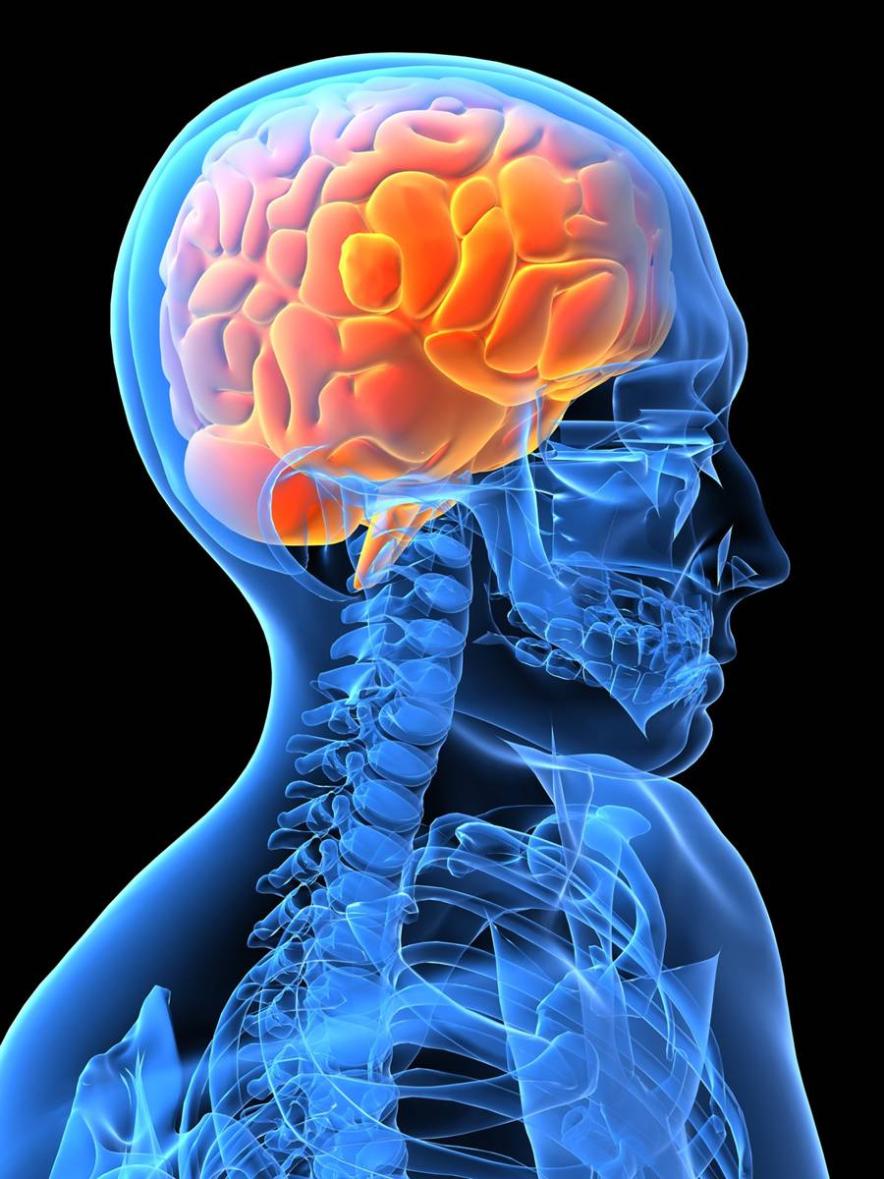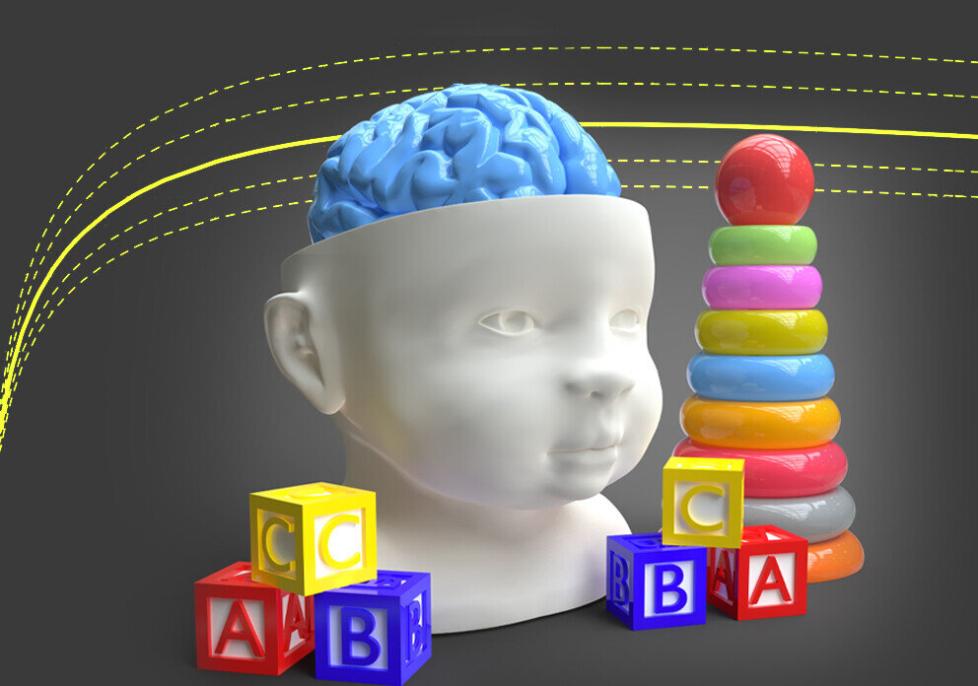What Are the Key Stages of Brain Development?
Brain development is a complex and lifelong process that begins before birth and continues into late adulthood. During this time, the brain undergoes a series of remarkable changes in structure and function, allowing us to learn, remember, think, and experience the world around us.

Understanding the key stages of brain development is essential for supporting healthy growth and development throughout the lifespan. By providing the right experiences and environments at each stage, we can help children and adults reach their full potential.
Key Stages Of Brain Development
Brain development can be divided into several key stages, each with its own unique characteristics and challenges.
I. Prenatal Stage (0-8 Weeks)
- Formation of the Neural Tube: The neural tube is the precursor to the brain and spinal cord. It forms during the first few weeks of pregnancy as a groove on the back of the embryo.
- Neurogenesis: During neurogenesis, new neurons are created in the brain. This process begins in the prenatal stage and continues until early childhood.
- Role of Teratogens: Teratogens are substances that can cross the placenta and harm the developing fetus. Examples include alcohol, drugs, and certain medications.
II. Infancy (Birth To 2 Years)
- Rapid Brain Growth: The brain grows rapidly during infancy, doubling in size by the age of two.
- Development of Basic Sensory and Motor Skills: Infants begin to develop basic sensory and motor skills, such as seeing, hearing, reaching, and grasping.
- Emergence of Language and Social Skills: Infants also begin to develop language and social skills, such as babbling, pointing, and interacting with others.
III. Early Childhood (2-6 Years)
- Continued Brain Growth: The brain continues to grow during early childhood, although at a slower rate than in infancy.
- Development of More Complex Cognitive Skills: Children begin to develop more complex cognitive skills, such as problem-solving, reasoning, and memory.
- Importance of Early Childhood Education and Experiences: Early childhood education and experiences play a crucial role in supporting healthy brain development.
IV. Middle Childhood (6-12 Years)
- Gradual Slowing of Brain Growth: Brain growth gradually slows during middle childhood.
- Development of More Advanced Cognitive Skills: Children develop more advanced cognitive skills, such as critical thinking, abstract reasoning, and metacognition.
- Importance of Social and Emotional Development: Social and emotional development becomes increasingly important during middle childhood.
V. Adolescence (12-18 Years)
- Hormonal Changes: Adolescence is a time of significant hormonal changes, which can impact brain development.
- Impact of Hormonal Changes on Brain Development: These hormonal changes can lead to changes in mood, behavior, and cognitive function.
- Challenges and Opportunities of Adolescent Brain Development: Adolescence is a time of both challenges and opportunities for brain development.
VI. Adulthood (18-65 Years)
- Continued Brain Development: The brain continues to develop during adulthood, although at a slower rate than in childhood and adolescence.
- Impact of Life Experiences on Brain Plasticity: Life experiences can impact brain plasticity, the brain's ability to change and adapt.
- Importance of Lifelong Learning and Mental Stimulation: Lifelong learning and mental stimulation can help to maintain brain health and function.
VII. Late Adulthood (65+ Years)
- Changes in the Brain During Late Adulthood: The brain undergoes changes during late adulthood, including a decrease in brain volume and changes in brain structure.
- Impact of Changes on Cognitive Function: These changes can impact cognitive function, including memory, attention, and problem-solving.
- Importance of Maintaining Cognitive and Social Engagement: Maintaining cognitive and social engagement can help to support brain health in late adulthood.
Brain development is a complex and lifelong process that involves a series of remarkable changes in structure and function. Understanding the key stages of brain development is essential for supporting healthy growth and development throughout the lifespan. By providing the right experiences and environments at each stage, we can help children and adults reach their full potential.

YesNo

Leave a Reply